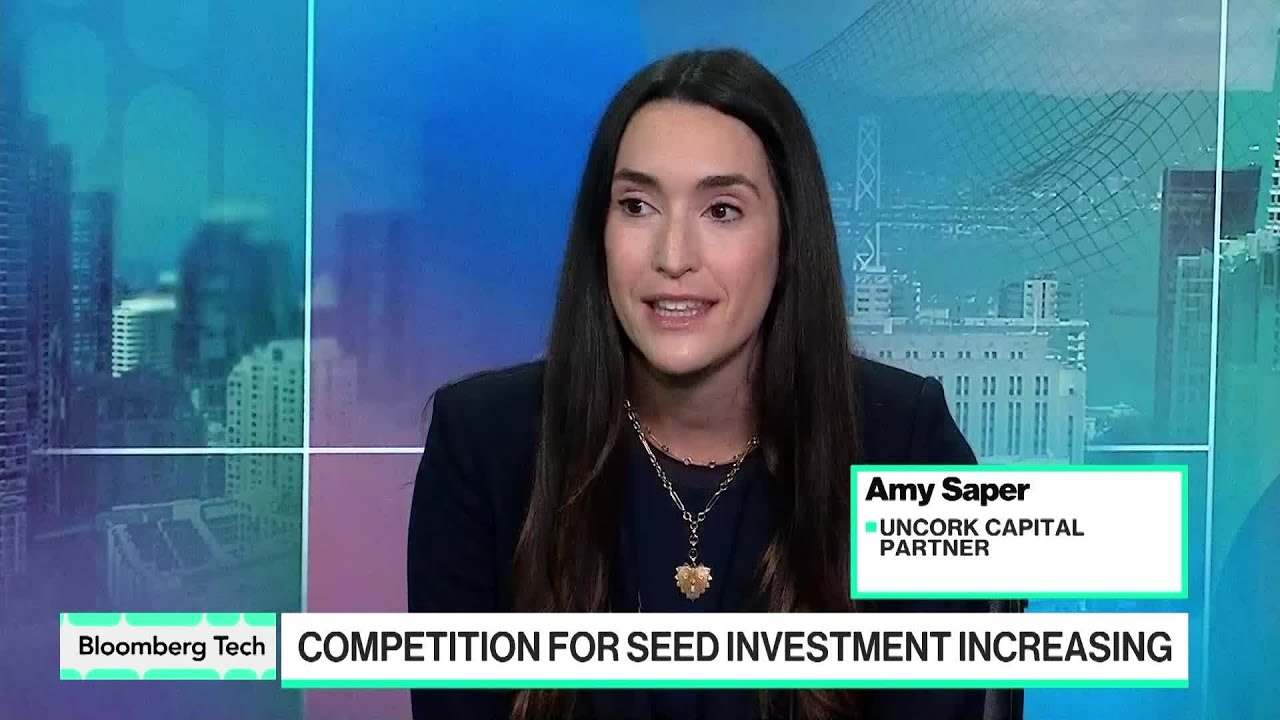The video highlights how seed investing is evolving with larger round sizes and a strong focus on AI-native startups that are shaping the future across various sectors. It emphasizes the importance of investors providing hands-on support to founders in refining customer focus and talent recruitment to enhance startup success in a competitive market.
The video discusses the evolving landscape of seed investing, particularly in the context of the rapid advancements in artificial intelligence (AI). The speaker highlights that at their firm, Oncor, they focus on writing the first institutional checks into startups, primarily at the seed stage. They are particularly excited about backing founders who have a deep understanding of new customer segments or are building companies that will define the next decade, with AI being a common underlying theme across these ventures. The scale of seed rounds is also changing, with some rounds reaching high tens of millions, reflecting increased expectations from Series A investors.
Seed rounds are generally getting larger, with the average round size increasing from around $2.5 million to over $3 million in recent times. While very large rounds in the tens of millions make headlines, they are not yet the norm. Founders are raising more capital to meet the heightened expectations of subsequent investors. The speaker emphasizes the distinction between companies that are AI-native—building core products based on AI—and those that are AI-adjacent, using AI to enhance other products or operations.
The scope of AI’s impact is broadening, encompassing nearly every startup sector. Some companies are directly building AI-native products, such as legal contract review tools or AI-powered copy editing software. Others provide essential infrastructure or services to AI companies, like networking solutions. Additionally, many startups are integrating AI into their back-office operations to improve efficiency. This widespread adoption means that AI is no longer a niche sector but a foundational technology influencing diverse business models.
Drawing on their background in technology and product marketing, the speaker explains how they support founders beyond just providing capital. They focus on helping technical founders—who may lack sales or marketing experience—identify their ideal customers and develop strategies to reach and acquire those customers. This hands-on operational support is crucial at the seed stage, where defining a clear market focus and customer base can determine a startup’s success.
Finally, the speaker identifies two main areas where founders typically need help: refining their understanding of their ideal customer and recruiting the right talent to achieve key milestones. They stress the importance of focusing on specific customer segments rather than trying to serve everyone, which allows early-stage companies to compete effectively against larger horizontal players. By helping founders sharpen their market focus and build strong teams, investors like Oncor aim to increase the likelihood of long-term success for the startups they back.
